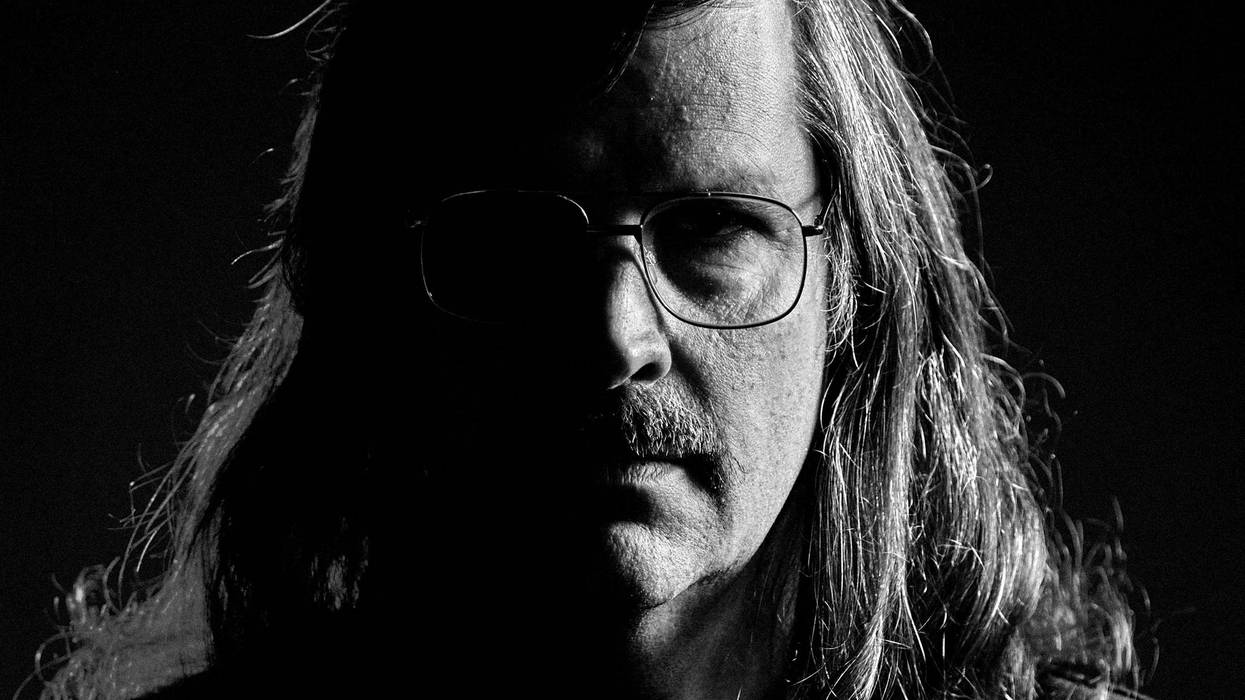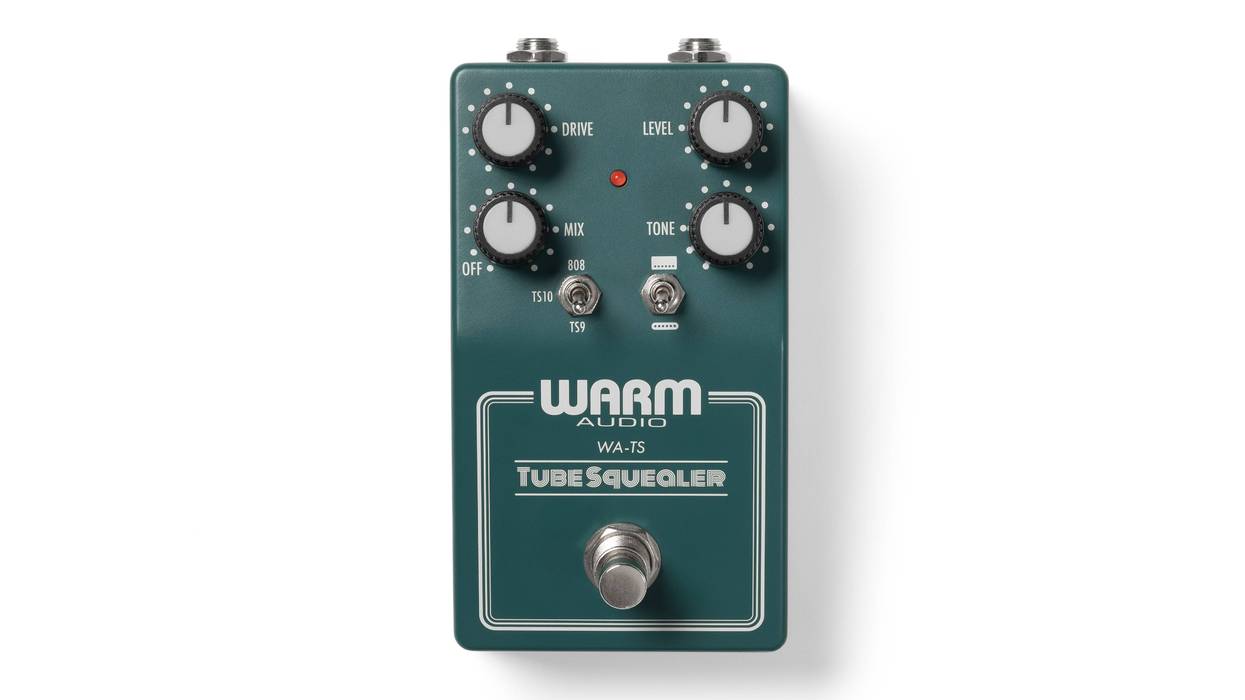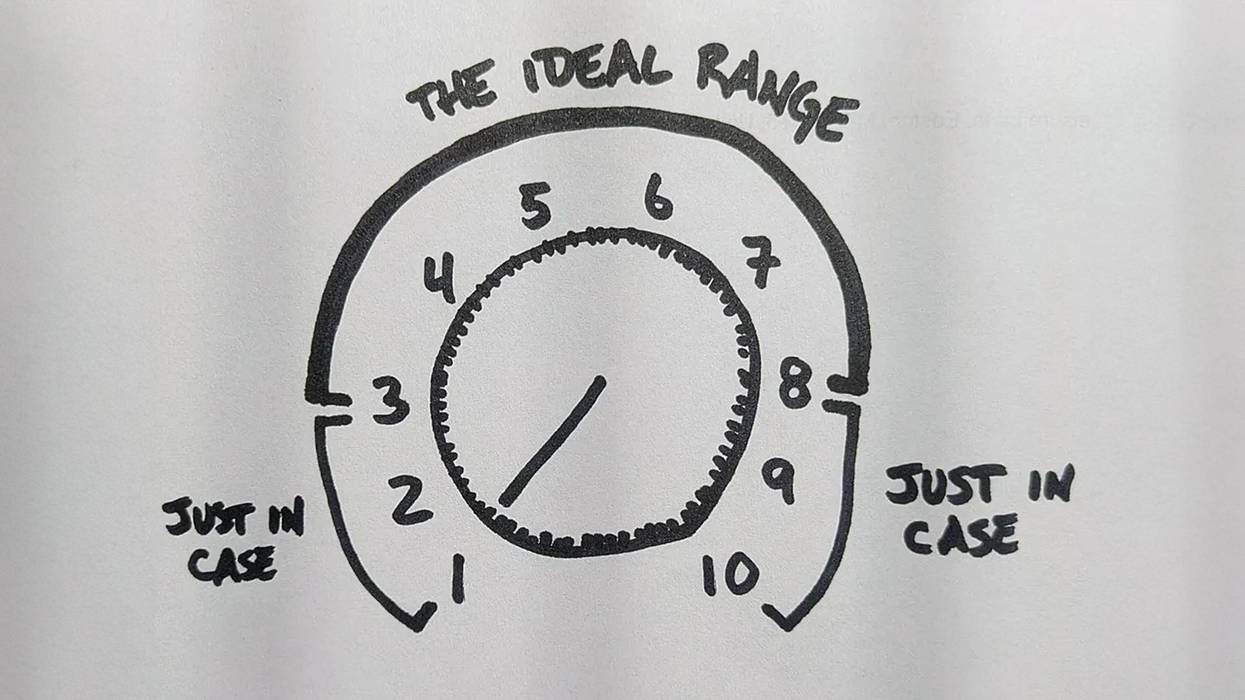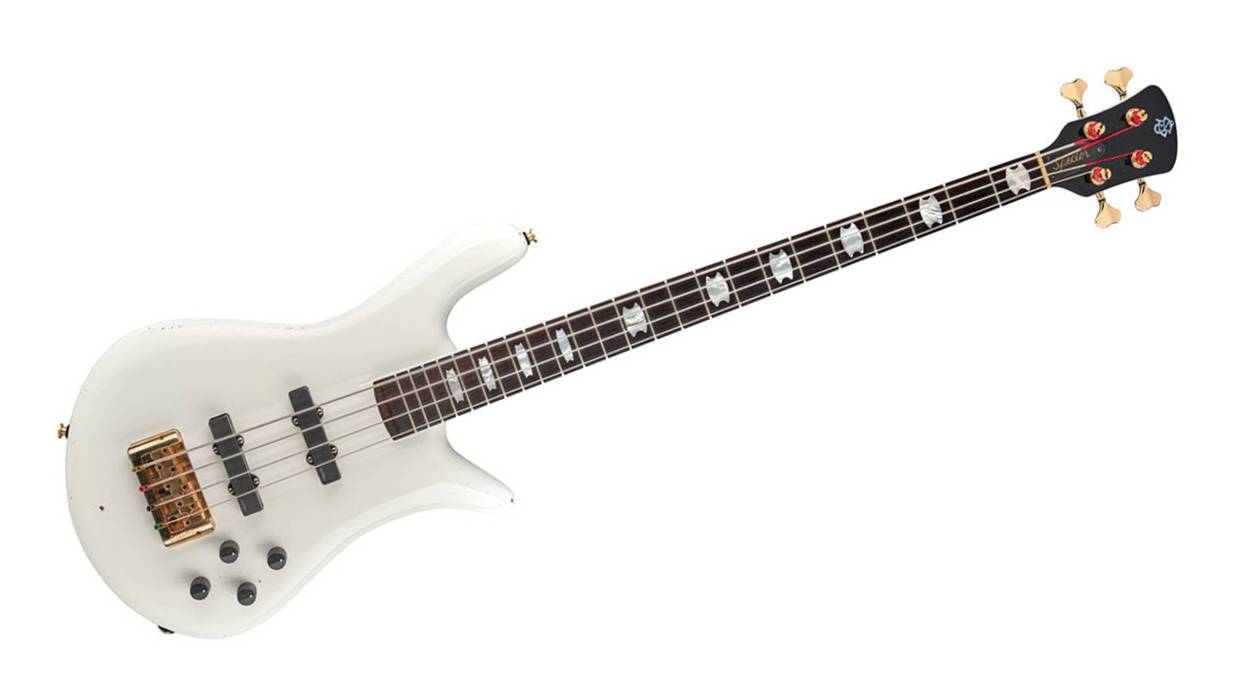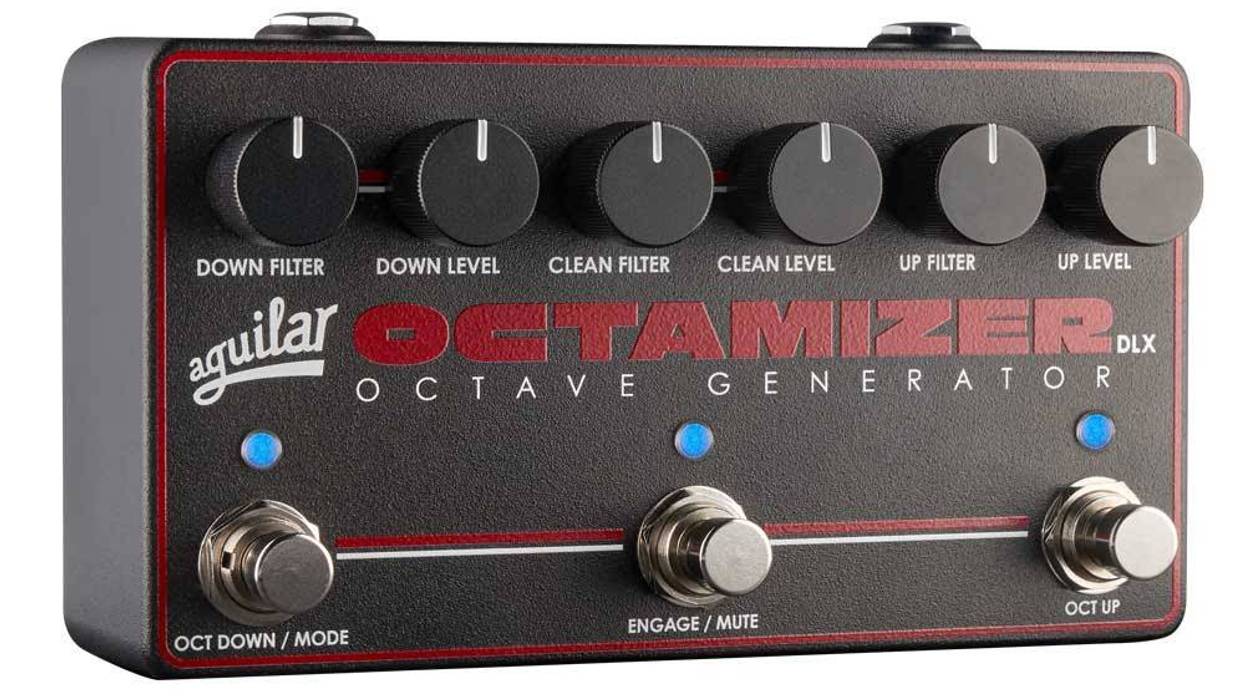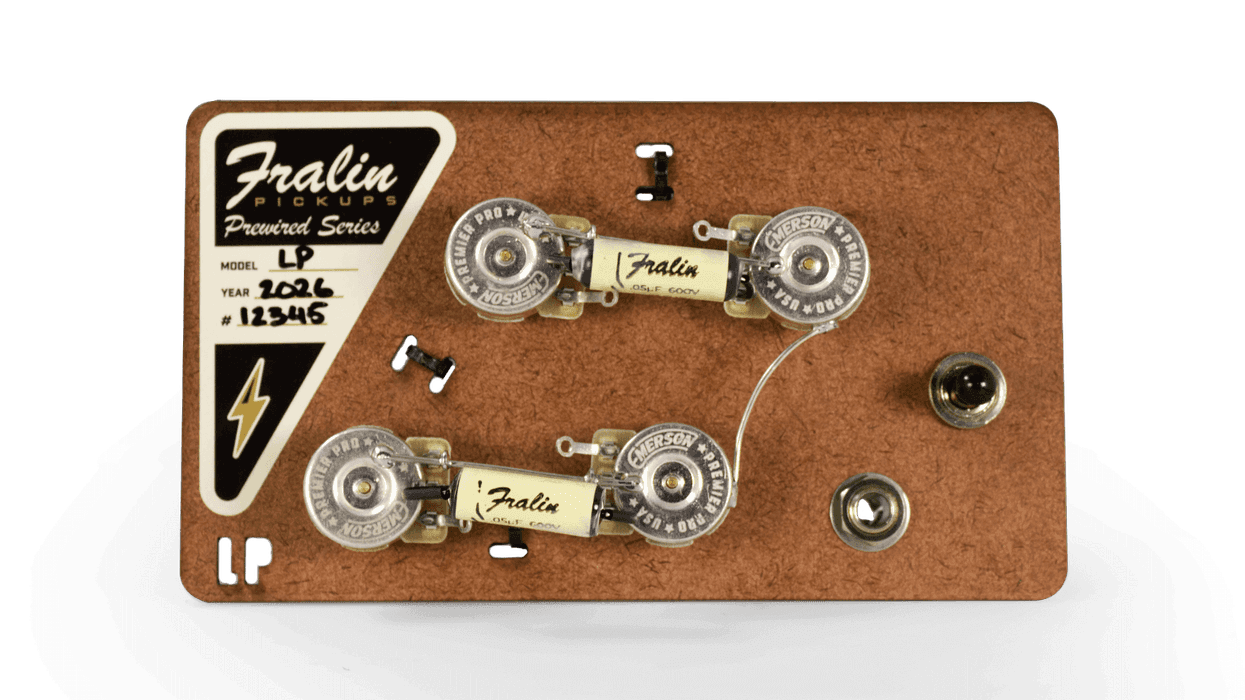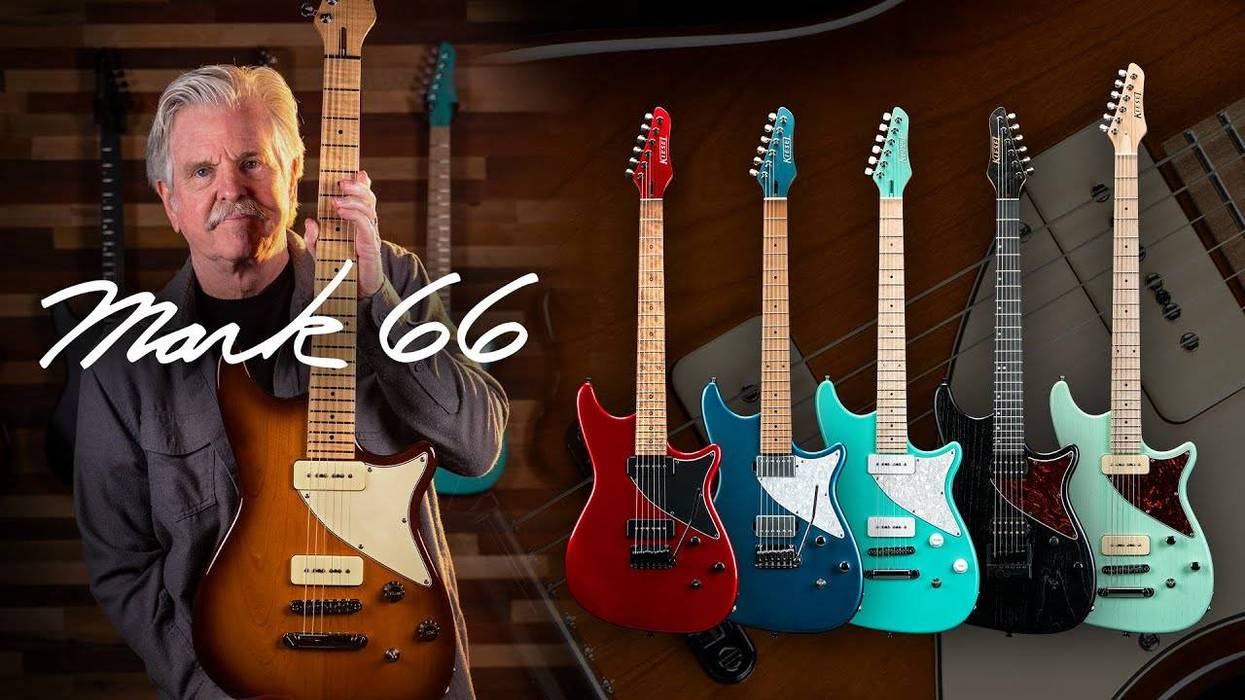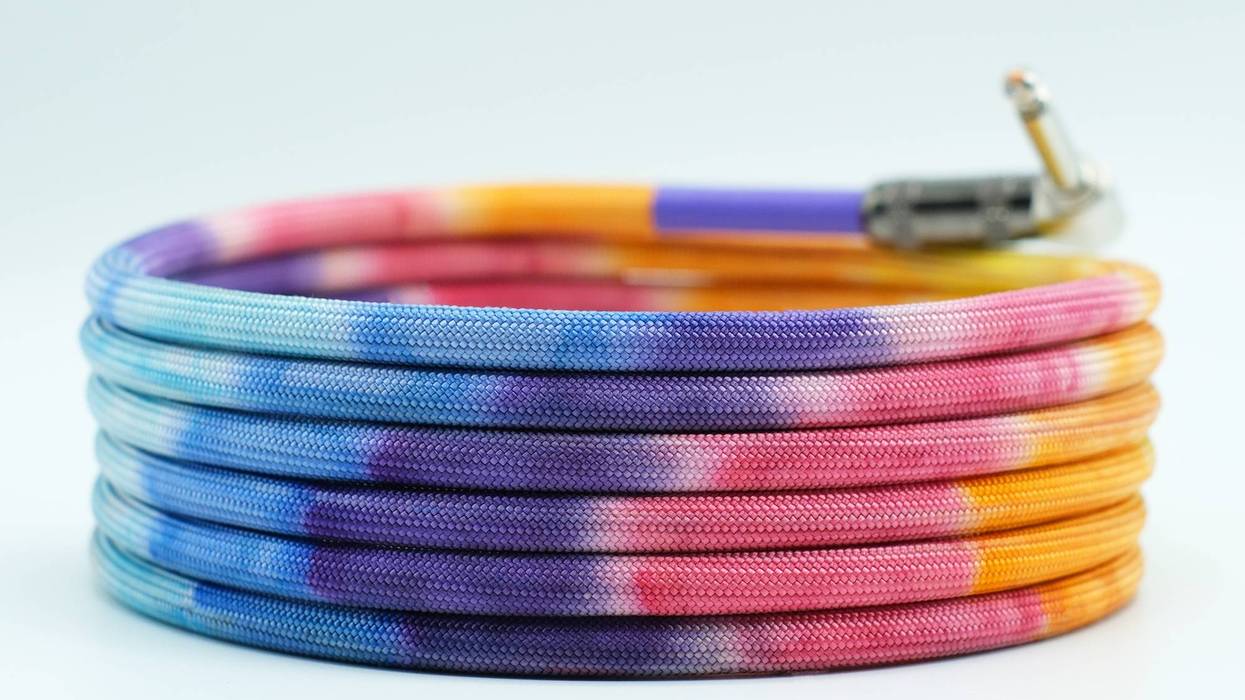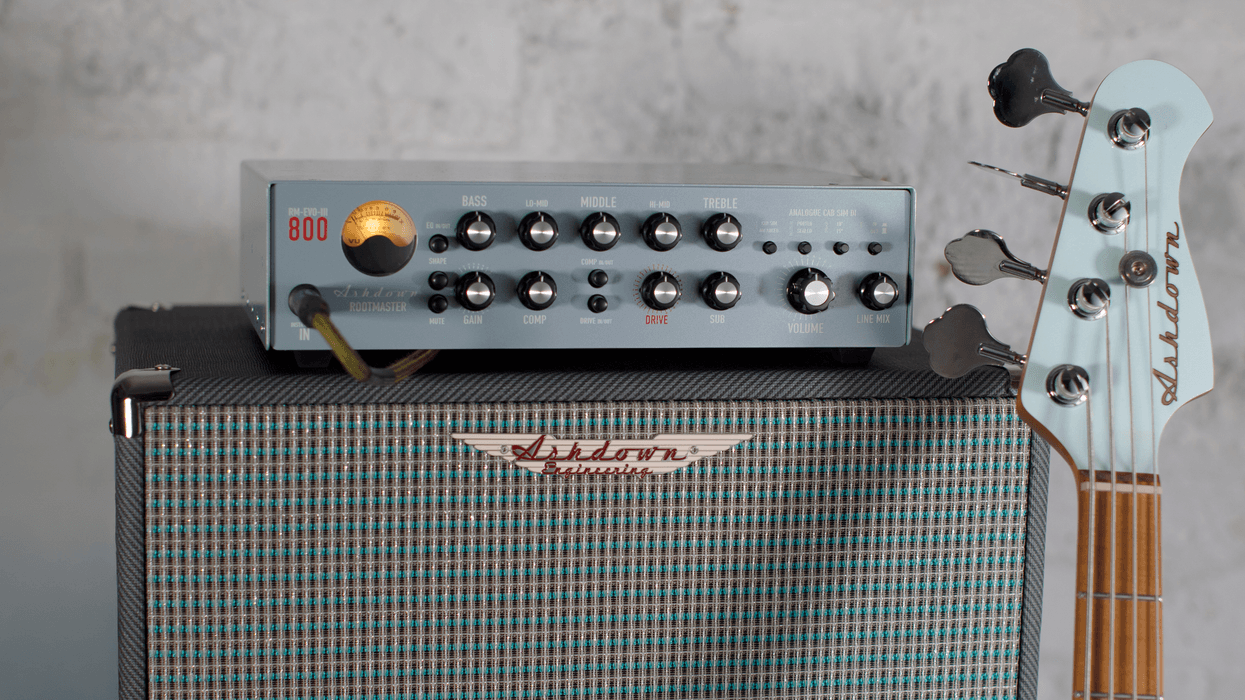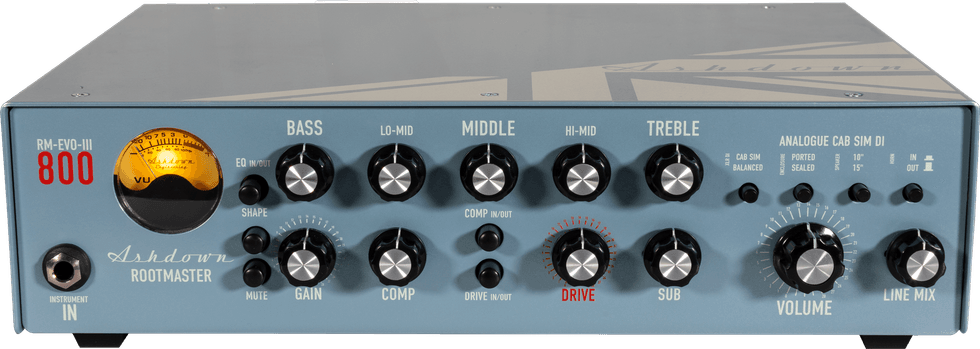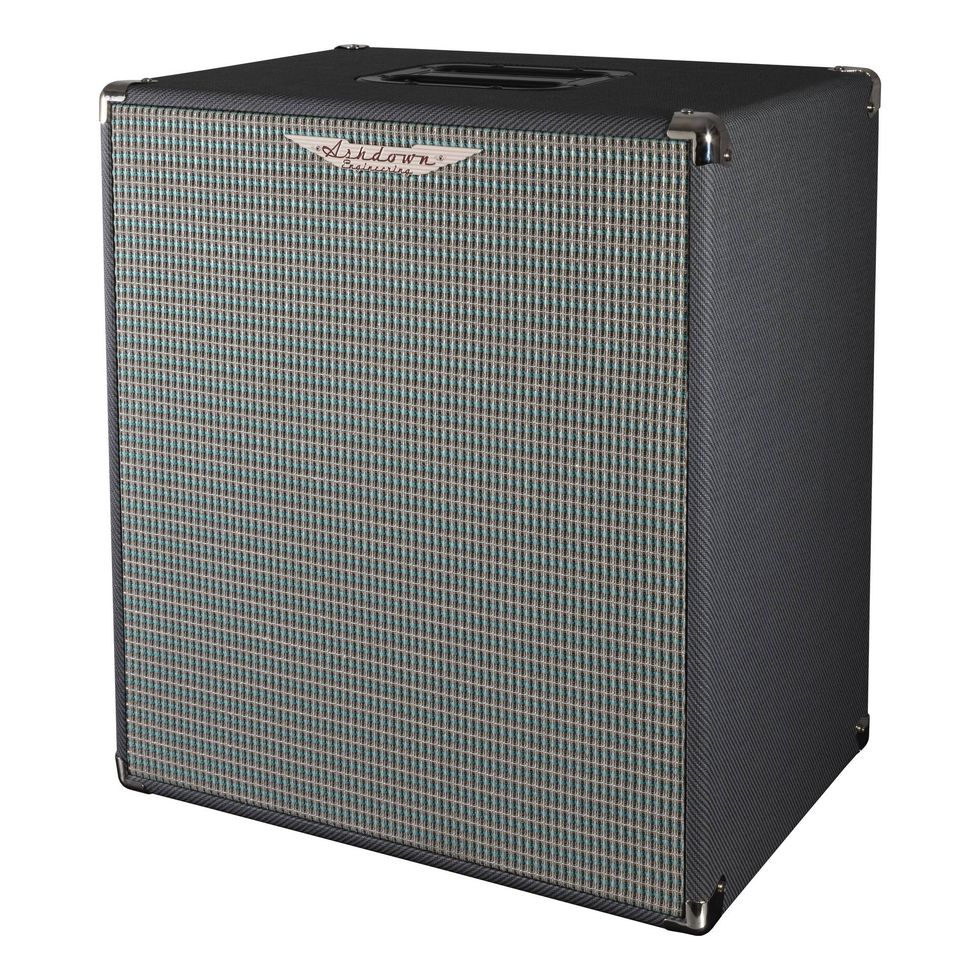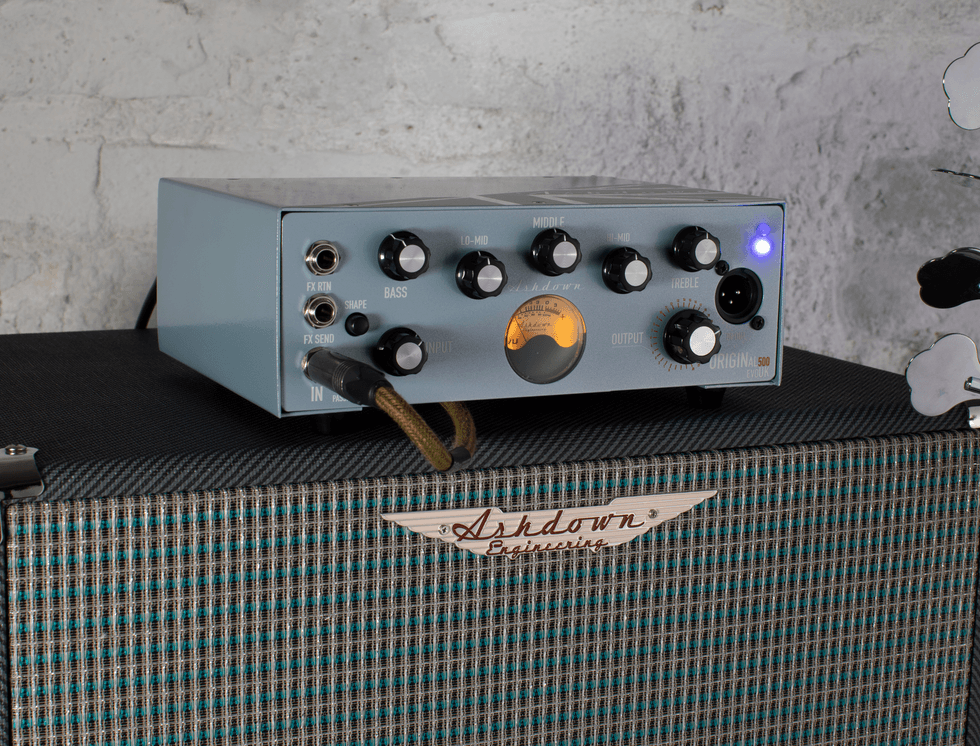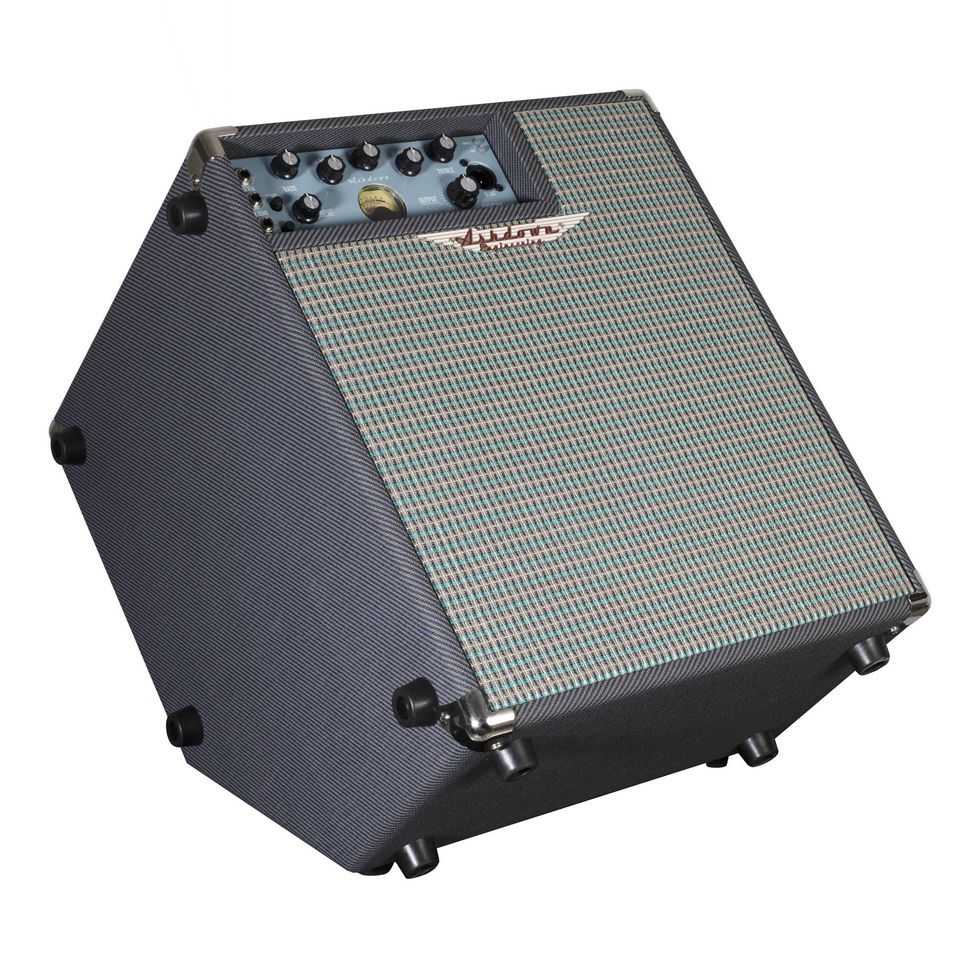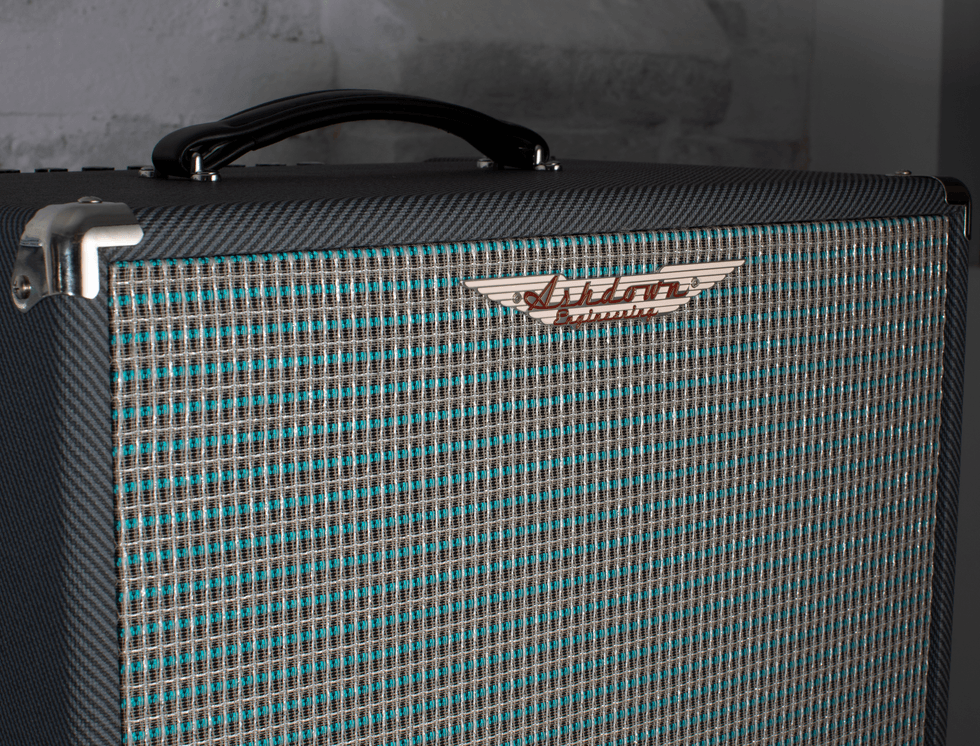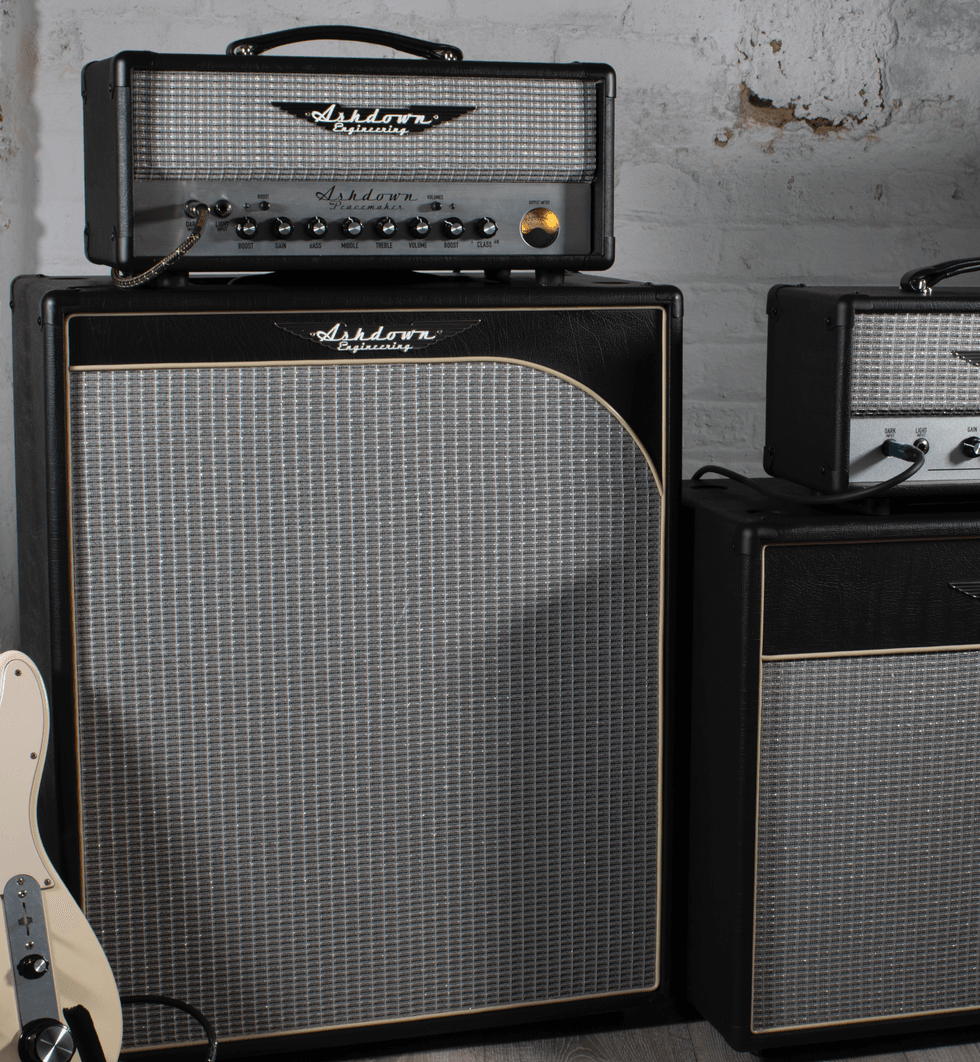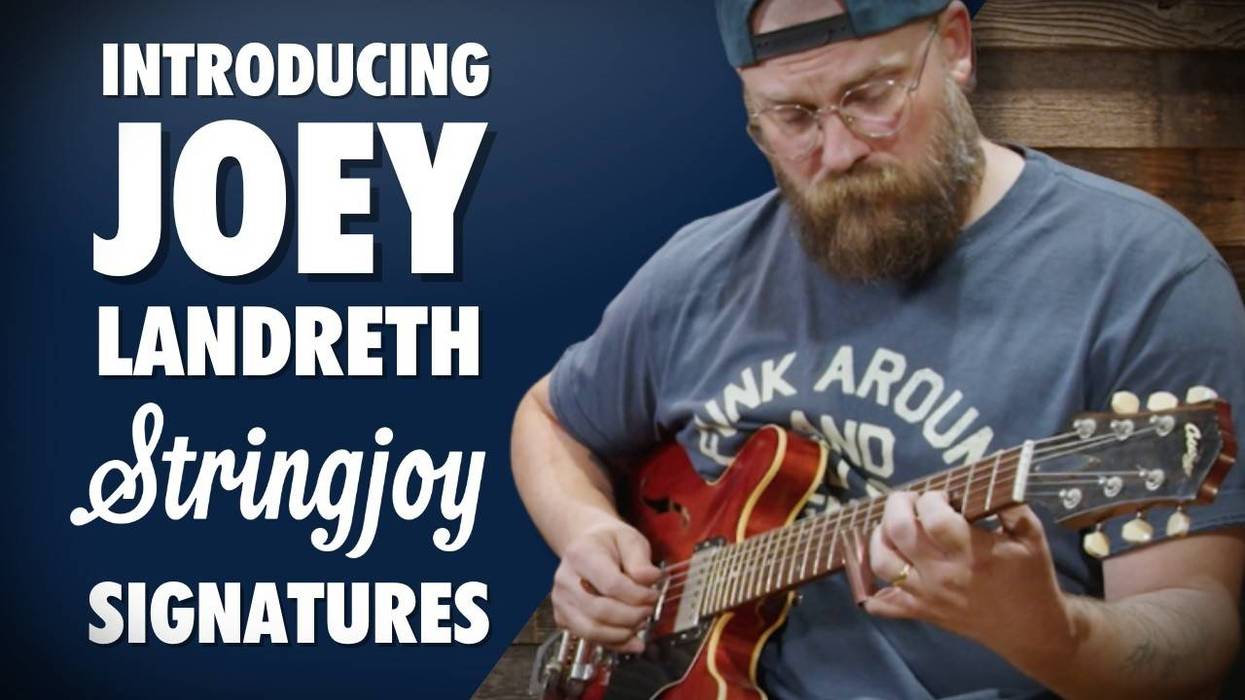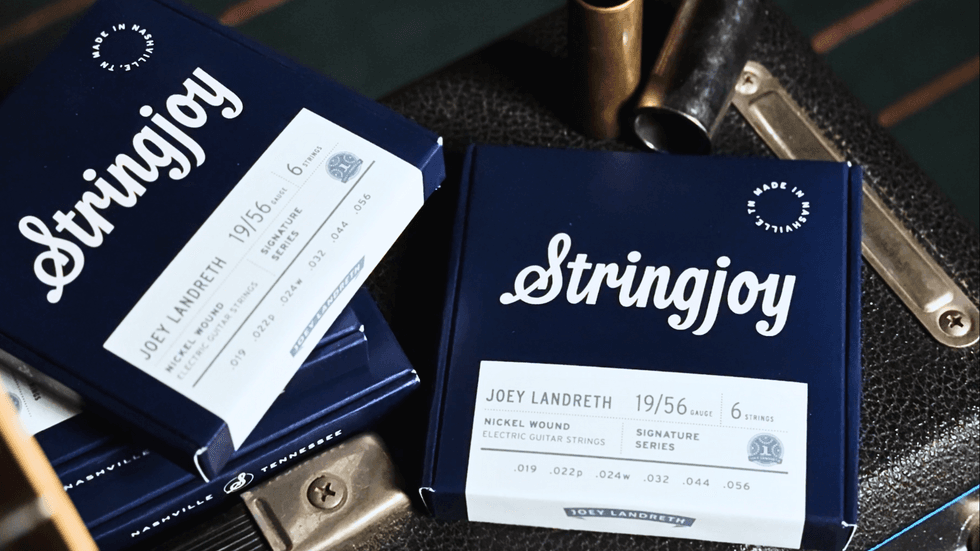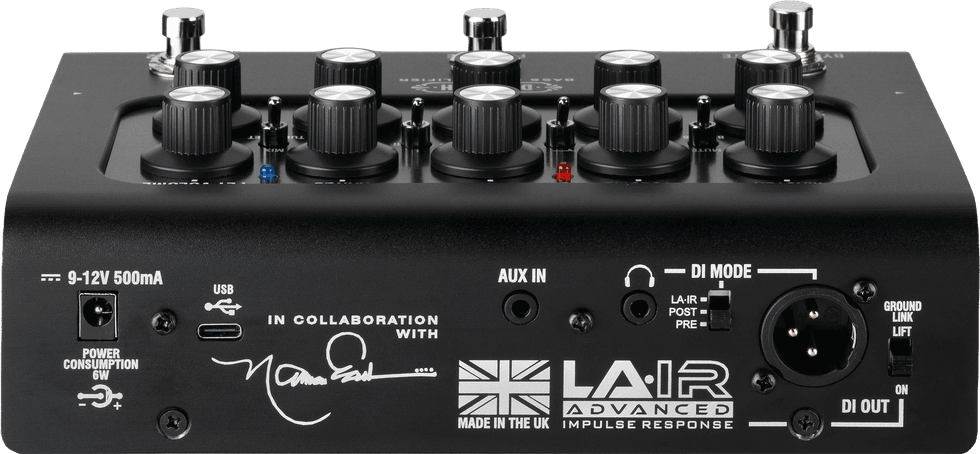Not many people may be familiar with Howard Hart, the California-based guitarist who packs a huge punch with fat guitar licks and great production. Seymour Duncan hipped me to Howard when I was putting together Guitar Masters, Vol. 1. I was really impressed with his guitar style, but even more so with his innate ability for production. He has a great ear for instrument placement in a mix, which is very important for instrumental music, so I immediately approached Howard to be part of the BHP Music compilation, Get the Led Out!. He fittingly chose “Four Sticks.”
What guitars and amps did you use to record “Four Sticks?”
The main guitar I used was an EVH Wolfgang, but a couple of the rhythm bits were doubled using the Ibanez RG series. But there are also some acoustics scattered throughout the mix as well – an Ovation steel string and a Montalvo nylon. I like layering guitar tones. A little goes a long way in terms of subtle differences in gain and bite. This particular track was done with a combination of a Mesa Boogie DC- 3 and a Genesis 1 – I actually love that thing for adding a little edge to the mic sound. The cabinet used was a Mesa with two 12” Celestions – the Vintage 30s.
Do you have your own studio or did you use an outside studio for this project? Were there any key players involved in making this song?
I used my own studio that’s set up at home. What’s funny about this track is that I had just returned from my honeymoon and was a little crunched for time, so I recorded the drums at a friend’s studio and we used Pro Tools. When we brought the tracks back there were a few problems and I had to put some extra time in to straighten it all out. I used bits from the Pro Tools session and everything else was done at the home studio. Everyone involved really put in 100 percent. Nick Sitar played drums and also came over to the studio to do the battery of percussion. Melisa Kary was key because she offered up a lot of great ideas during the recording process and helped out enormously with co-production. Rod Ratelle played bass and came up with the idea of using an upright acoustic/electric on the track – I wish you could hear more of it. It was great, but with all those guitars and the wall of percussion, the subtleties sometimes got lost. The vocal “ahs” on the B and C sections were an afterthought. It just felt like it needed something, so I asked Melisa and she made it happen. She’s done a lot of work in the past with producers like Michael Walden and really knows how to record and layer vocals. It’s a two-part harmony (keeping with Page’s concept), but we did two or three per-line – it was a lot fun building the beast.
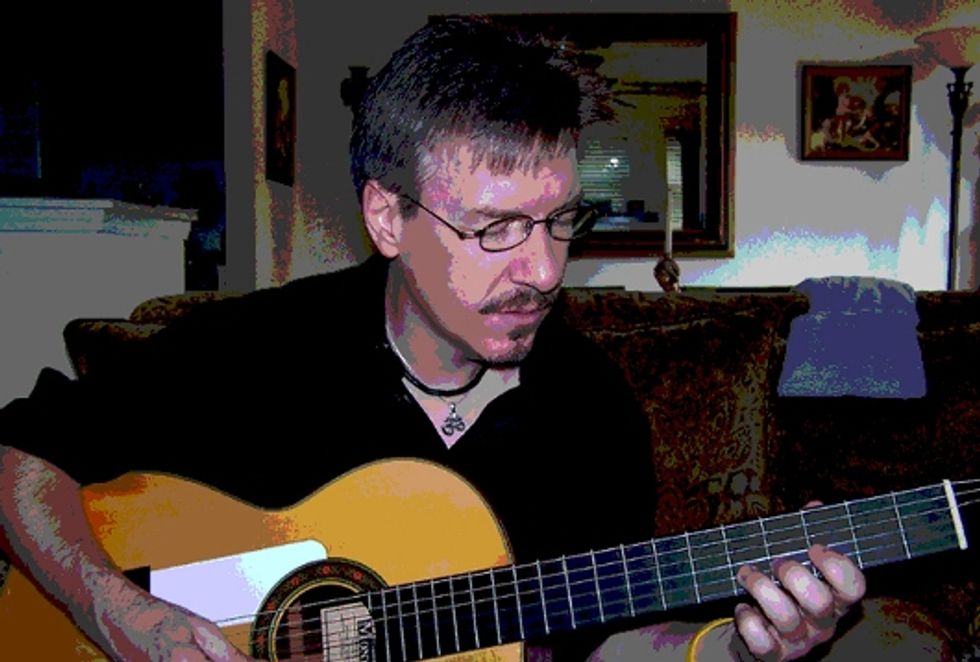 |
How did you record the guitar and amp?
Believe it or not, I still love a Shure 57 for guitar. Close mic’ing is cool for certain things, but I actually like to back off the amp a bit – maybe four or five feet back and up a bit. Boogies and Marshalls sound good loud, but you have to worry about the “studio ghosts” that day, so they can actually be captured. I’ve recently been going through some old DAT tapes and doing a little re-mastering. There’s nothing like a great sounding amp in a great sounding room with all that breath being caught by the microphone.
What format did you record the song on?
The original drum tracks were done on Pro Tools. Everything else was done using Sonar, but as usual, I like to approach things with a tape mentality, in terms of performance. At this point in time, hard drive recording is incredible – but it still comes down to the musician. Rod did his bit straight through, with one punch to tighten up a kick. I like that because I believe you can feel it on a track, but I’m a digital man at this point.
Give us a little background on the song and how you envisioned the guitar sounding?
“Four Sticks” is an all-time favorite for me and, in my strange head, it has always sounded like an instrumental. Because of this, it seemed a cool choice for the Bohemian project. Page is always “touchy” territory; he was brilliant in the studio and his body of work speaks for itself. As far as envisioning the guitar sounds, I think what we hear in our head is always grander than the final outcome, but that’s just being neurotic! I’m pleased with this track and it was great fun to do. The solo section was interesting. It
was late and I played four or five solos, so I just picked one. The next day, it didn’t grab me so I got the idea of “orchestrating” it – dropping in harmonies, kicks, etc. throughout the take and it worked. It’s actually one of my favorite sections in the track – happy accidents!
As you can see, Howard really got the Led out with his version of “Four Sticks.” While sticking to the original, he brought his own flavor of guitar to the song that Jimmy Page himself would be proud of. “Four Sticks” is available at iTunes. For more on Howard Hart visit howardhart.com.
Brian Tarquin
Emmy Award Winning Guitarist Brian Tarquin scored a Top 20 hit in the 90’s with “The Best of Acid Jazz, vol. 2” on Instinct Records and enjoyed several top 10 hits on the R&R charts. Founder of the rock/electronica band, Asphalt Jungle and has scored TV music for such shows as CSI, Smallville, MTV, Alias, 24, All My Children and many others.
bohemianproductions.net
jungleroom@optonline.net
myspace.com/bohemianproductionsmusic


